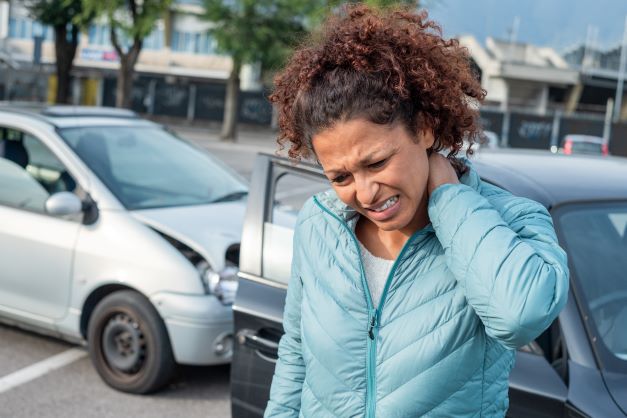If you’re driving a car, then you have the ability to inflict serious harm. All it might take is a single lapse in concentration or a mechanical failu
If you’re driving a car, then you have the ability to inflict serious harm. All it might take is a single lapse in concentration or a mechanical failure. As road users, it’s our responsibility to take our safety, and that of our fellow road users and pedestrians, seriously. That means being aware of the risks, and taking reasonable steps to minimise those risks.
How common are road accidents in the UK?
In the UK in 2022, there were around 135,000 casualties caused by road accidents, including around 1,711 fatalities. If we factor in data from the entire decade from 2013 to 2022, this means that a person is killed or seriously injured around once every sixteen minutes.
Road deaths were slightly depressed by the pandemic and the fact that fewer people were on the roads. But now, they’ve risen again. So, what’s driving these figures, and what can be done about them?
What are the main causes of road accidents?
Of course, these statistics don’t imply that everyone has an equal chance of being involved in a road accident. Let’s look at how we can push the odds in our favour.
Distracted driving
Around 38% of accidents in Great Britain are caused by a failure to look properly. 20%, moreover, were caused by a driver being unable to anticipate the speed and direction of another vehicle. In some cases, this can amount to legal culpability. Drivers who are involved in road accidents in which they were not at fault should seek professional legal advice.
In the meantime, limiting the causes of distraction is paramount. Don’t talk on your phone (even hands-free), and don’t text and drive, either.
Drink driving
The link between accidents and drunk driving should be indisputable to anyone who has ever consumed alcohol. Even a small amount of alcohol can blunt your reactions, impair your judgment, and cause you to fail to perceive hazards. So, don’t drink – even if you’re still under the legal limit.
Bad weather
Certain kinds of weather can make accidents more likely. Fog might reduce visibility, while snow, ice and rain can also make the road surface more slippery, which will make aquaplaning more likely, and generally increase your stopping distance.
Speeding
The faster you’re driving, the less able you’ll be to stop suddenly. Excess speed accounts for around 7% of accidents in the UK – and it increases the severity of accidents in almost every case.
There are other benefits of slowing down which go beyond safety. If you’re driving too fast, then you’ll need to brake harder when you come to a junction. All of this adds up to fuel inefficiency, which will hurt both your wallet and the environment.



















































































































COMMENTS